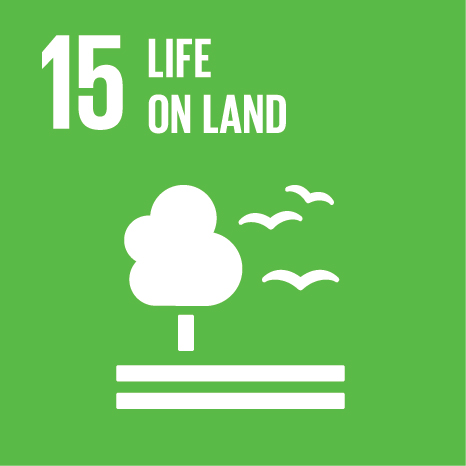Ciência_Iscte
Publications
Publication Detailed Description
Explaining spatial variations in climate hazard impacts in Western Mongolia
Journal Title
Landscape Ecology
Year (definitive publication)
2015
Language
English
Country
Netherlands
More Information
Web of Science®
Scopus
Google Scholar
This publication is not indexed in Google Scholar
Abstract
The winter of 2009/2010 induced a mass loss of livestock known as dzud in Mongolia. We examine spatial heterogeneity in this livestock loss in a western Mongolian province using a semi-structured questionnaire, key informant interviews, meteorological station data, and two datasets derived from satellite imagery. We identify marked local variability in the impact of winter 2009/2010 demonstrated by a striking difference in livestock mortality between three Altai mountain districts and three Gobi desert districts. We explain this pattern with reference to site-specific circumstances. We ascertain a counter-intuitive pattern of milder winters with less snow in Mountain districts when compared to Desert districts, a contrast that was particularly acute in the winter of 2009/2010 which was uncommonly long and hard, with particularly deep and widespread snow cover in the Desert, but unusually mild in the Mountains. Examination of possible drivers of dzud vulnerability at the household and community levels—wealth and herder experience—found virtually no influence on livestock losses, although a large majority of herder households were characterised by a general lack of alternative income opportunities. The severity of conditions undermined many Desert herders’ coping and adaptive strategies, including communal pooling, although those who managed to move their herds in response to the 2009/2010 dzud suffered markedly smaller livestock losses. Limited government capacity, partly influenced by remoteness, further increased vulnerability in the Desert districts where the deep snow restricted access to dzud relief assistance. Implications for hazard management and governance are discussed, as are recent policy initiatives.
Acknowledgements
--
Keywords
Climate hazards,Mongolia,Dzud,Drought,Pastoralism,Drylands
Fields of Science and Technology Classification
- Earth and related Environmental Sciences - Natural Sciences
- Biological Sciences - Natural Sciences
- Social and Economic Geography - Social Sciences
Contributions to the Sustainable Development Goals of the United Nations
With the objective to increase the research activity directed towards the achievement of the United Nations 2030 Sustainable Development Goals, the possibility of associating scientific publications with the Sustainable Development Goals is now available in Ciência_Iscte. These are the Sustainable Development Goals identified by the author(s) for this publication. For more detailed information on the Sustainable Development Goals, click here.

 Português
Português


